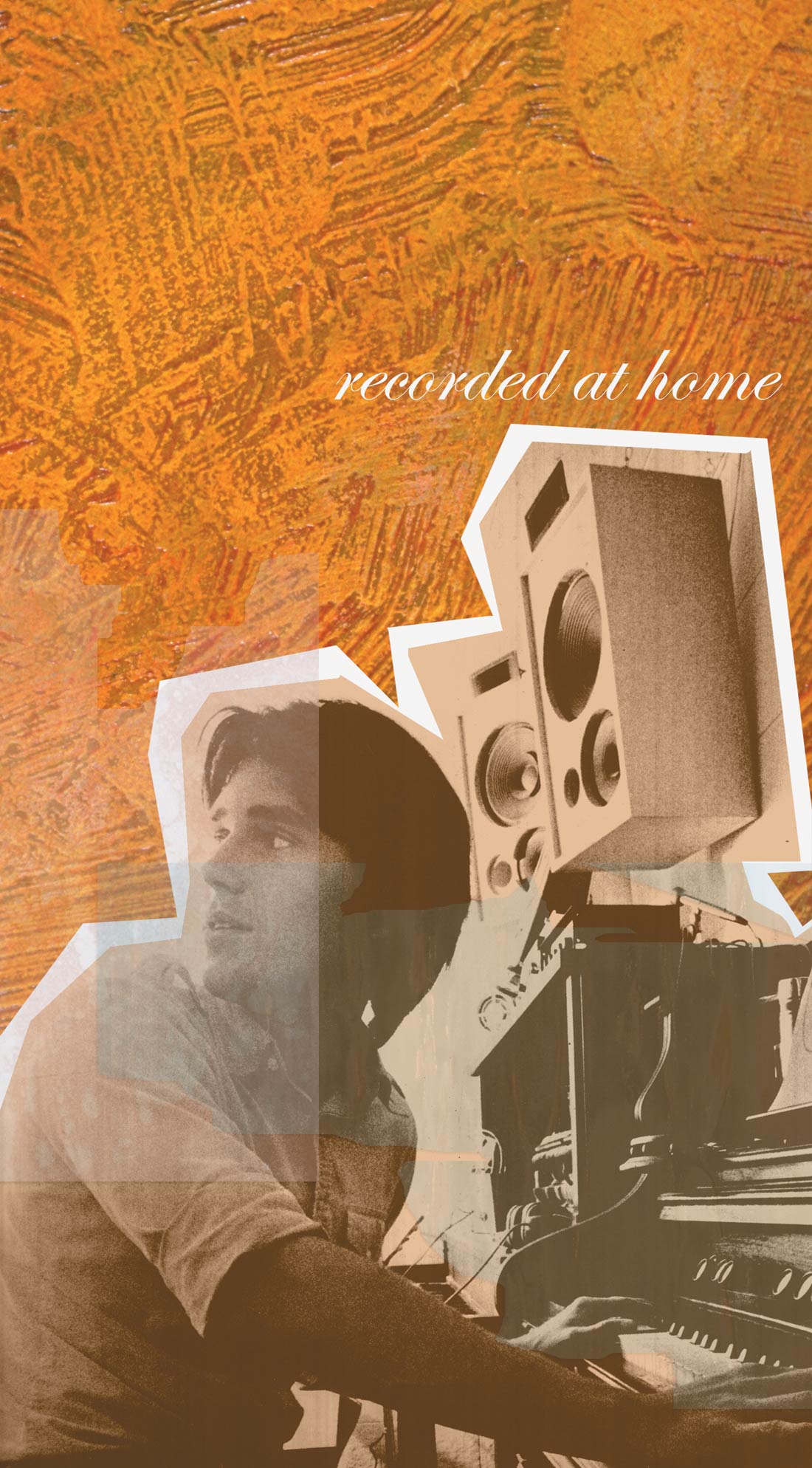Langevin was a manufacturer of consoles in the 1960s. Manley Labs has since purchased the name, and although they base some of their solid-state designs on the original Langevin topology, the original units are sonically different. I picked up my discrete two-channel version from a friend, already racked, with phantom power and phase switches. I/O is XLR balanced. Gain is dialed up with a stepped, four-position switch, and there's an output fader knob. No markings indicate gain, but there seems to be about 50 dB or so-using high output mics like the Neumann TLM 103 makes this a non issue. David Marquette (Marquette Audio Labs) has been racking AM16s for several years, and he informed me that the AM16 was originally a stand-alone mic preamp in a tray, similar to the EMI Redd ("Beatles" / V72) consoles, where the console surface had all the controls but the preamps were mounted in the rear of the frame or elsewhere. Apparently, quite a few of the AM16 modules floating around have Capitol (Records) stamped on them. (Any Tape Op readers work at Capitol in the '60s?) The AM16's circuit is similar to a vintage Neve-transformer balanced in and out, with a discrete, Class-A biased circuit doing all the work-but that's where the comparison ends. Sonically, it's beefy and distorted at the top region of its gain settings, working well to toughen up kick and snare drums. I use mine all the time for thickening drum loops. I like to use just two mics when tracking drums, and the AM16 has never failed to impress me, adding a unique presence to percussion, particularly toms and cymbals. Strangely enough, it really did the trick on finger-picked, nylon-string guitar as well, keeping the normally subtle instrument up front in a cluttered mix. David voiced similar thoughts on the AM16's versatility: "It's very open and airy, well balanced in highs, mids and lows. I have clients using it for bass, distorted guitar, OHs, acoustic guitar, vocals, and room mics." (David Marquette can be reached at marquetteaudiolabs.com.)
EQs, Mic Preamps | No. 51
7602 mic preamp & EQ
by John Baccigaluppi
A few weeks ago Engineer Robert Cheek and I went into the Hangar to do some listening tests on several hardware and software EQs: The URS Fulltec, Waves Q-Clone and the Chameleon Labs 7602. Rather...




_disp_horizontal_bw.jpg)